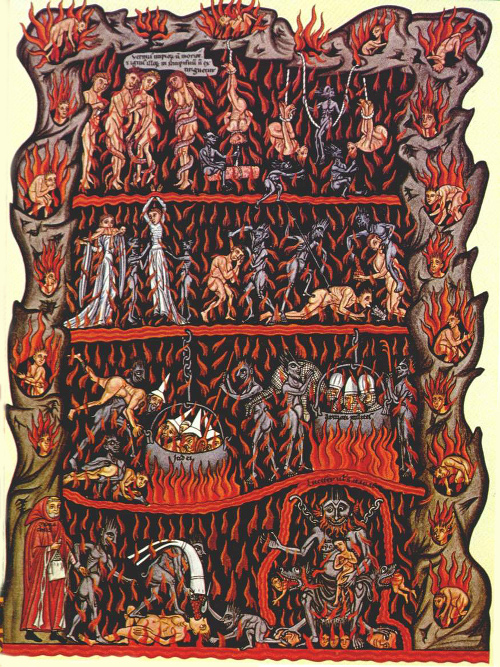The scriptures and LDS leaders clearly teach us to seek Celestial Kingdom and avoid pains of hell.

“Also in the spirit prison are those who rejected the gospel after it was preached to them either on earth or in the spirit prison. These spirits suffer in a condition known as hell. They have removed themselves from the mercy of Jesus Christ, who said, “Behold, I, God, have suffered these things for all, that they might not suffer if they would repent; but if they would not repent they must suffer even as I; which suffering caused myself, even God, the greatest of all, to tremble because of pain, and to bleed at every pore, and to suffer both body and spirit” (D&C 19:16–18). After suffering for their sins, they will be allowed, through the Atonement of Jesus Christ, to inherit the lowest degree of glory, which is the telestial kingdom.” (Gospel Principals Manual, Chapter 41, The Postmortem Spirit World)
“Are we content to aim for telestial glory? I never heard a prayer offered, especially in the family circle, in which the family does not beseech God to give them celestial glory. Telestial glory is not in their thoughts… but celestial glory is our aim” (George Q. Cannon, in Conference Report, Apr. 1900, 55–56)
The problem is not the truths we are being taught, but the misunderstandings that have crept in into our culture that skew the significance of preparing to meet God in this life.
I remember the following story being related on various occasions in sacrament meeting and classrooms as I was growing up:
This Mormon urban legend apparently became prevalent enough that the church has issued statements disavowing it (read statement by the Church, a letter of 25 February 2008)
The readiness with which we accept such nonsense into our teachings give evidence for the Book or Mormon’s grim view of us as proud gentiles in the last days. (see Mormon 8:35-38, Ether 12:35-38, 2 Nephi 33:7-9, 3 Nephi 16:10)
Over the last few years I’ve taken the opportunity to attend several non-LDS Christian worship meetings. One thing that occurred to me was the attention given to messages that are positive, flattering and reassuring as if to attract a greater audience. I’ve wondered about the emphasis we give to teaching positive messages in our own LDS meetings. This notion that religion should always encourage merriment and feasting has so taken hold that it becomes impossible to cry repentance. Anything that challenges a happy outlook is thought to be negative and of the devil. It creates the misunderstanding that the right to feel good about one’s self is a higher obligation than the duty to teach repentance and forsaking sin.
Note how the Book of Mormon stresses that “there was nothing save it was exceeding harshness, preaching and prophesying of wars, and contentions, and destructions, and continually reminding them of death, and the duration of eternity, and the judgments and the power of God, and all these things—stirring them up continually to keep them in the fear of the Lord. I say there was nothing short of these things, and exceedingly great plainness of speech, would keep them from going down speedily to destruction. And after this manner do I write concerning them.” (Enos 1:23)
Alma also makes it clear that “this life is the time for men to prepare to meet God; yea, behold the day of this life is the day for men to perform their labors… therefore, I beseech of you that ye do not procrastinate the day of your repentance until the end; for after this day of life, which is given us to prepare for eternity, behold, if we do not improve our time while in this life, then cometh the night of darkness wherein there can be no labor performed.” (Alma 34:32-33)
What do we conclude from this as it relates to our understanding of heaven and hell and Nephi’s sobering warnings about our condition as saints in these last days? Joseph Smith admonished that this is a subject we ought to study more than any other:
“All men know that they must die. And it is important that we should understand the reasons and causes of our exposure to the vicissitudes of life and of death, and the designs and purposes of God in our coming into the world, our suffering here, and our departure hence. What is the object of our coming into existence, then dying and falling away, to be here no more? It is but reasonable to suppose that God would reveal something in reference to the matter, and it is a subject we ought to study more than any other. We ought to study it day and night, for the world is ignorant in reference to their true condition and relation.” (Teachings of the Prophet Joseph Smith, p.324)
“I want you to know, that God, in the last days, while certain individuals are proclaiming his name, is not trifling with you or me” (Joseph Smith, TPJS, p 346)
